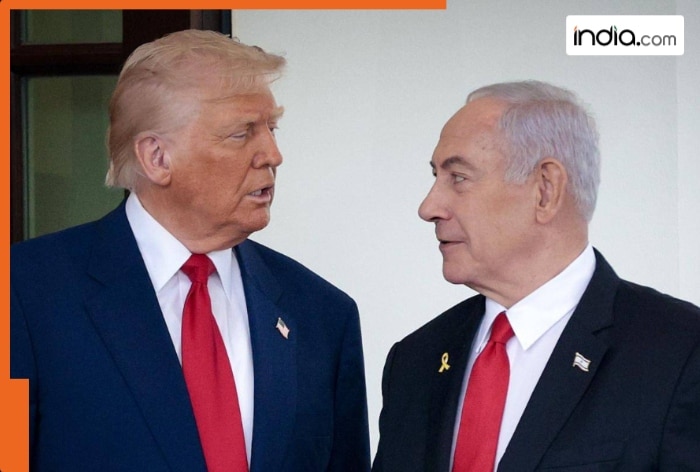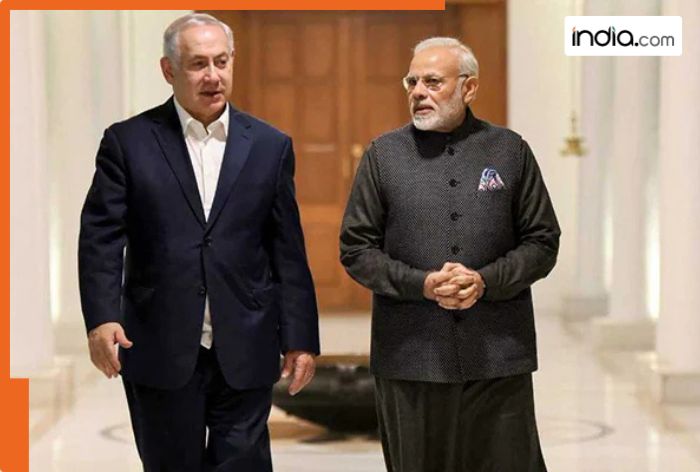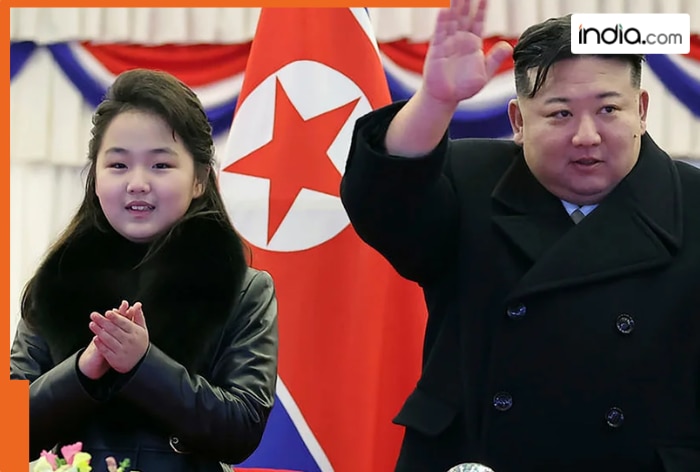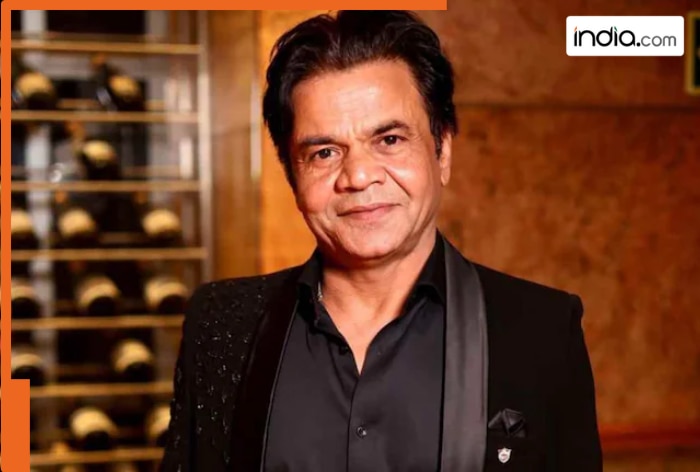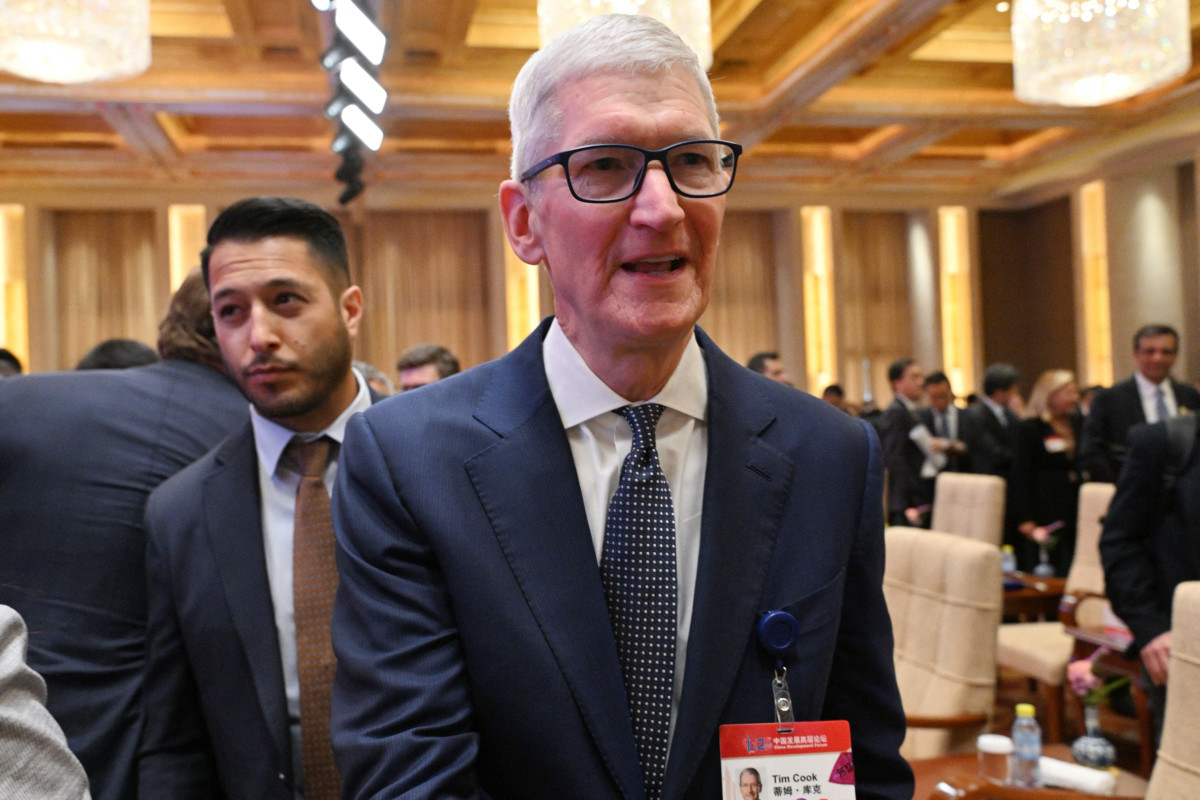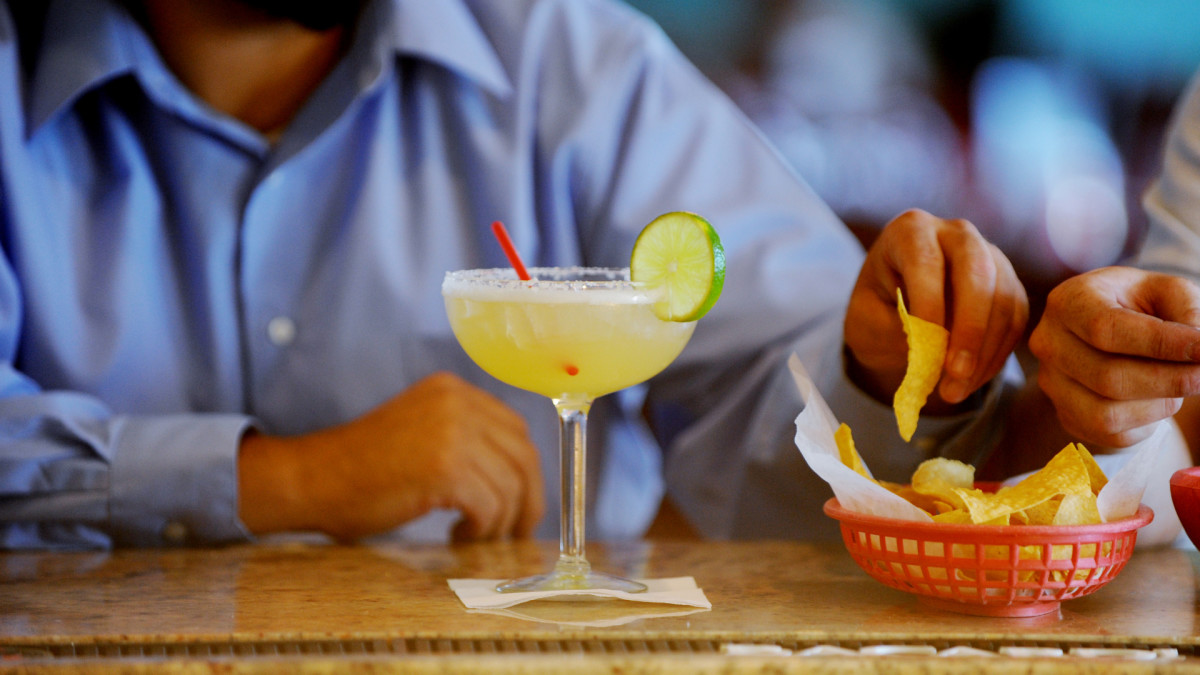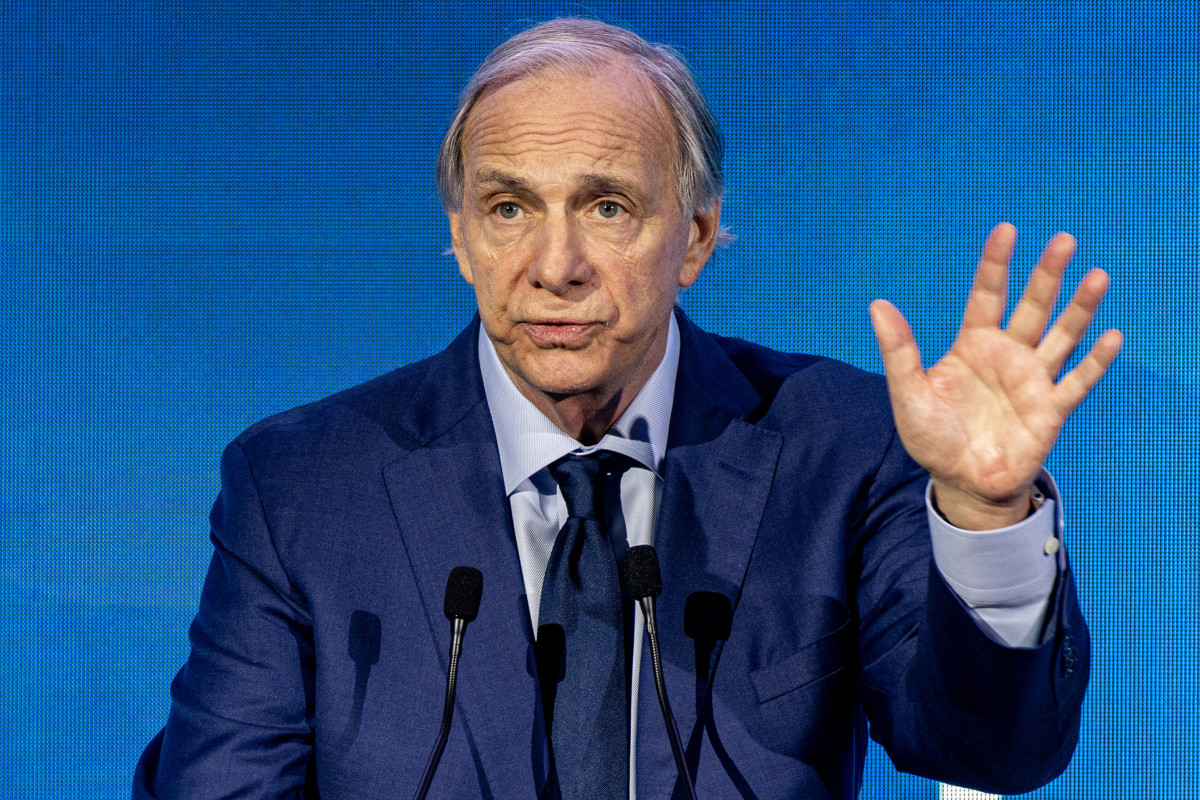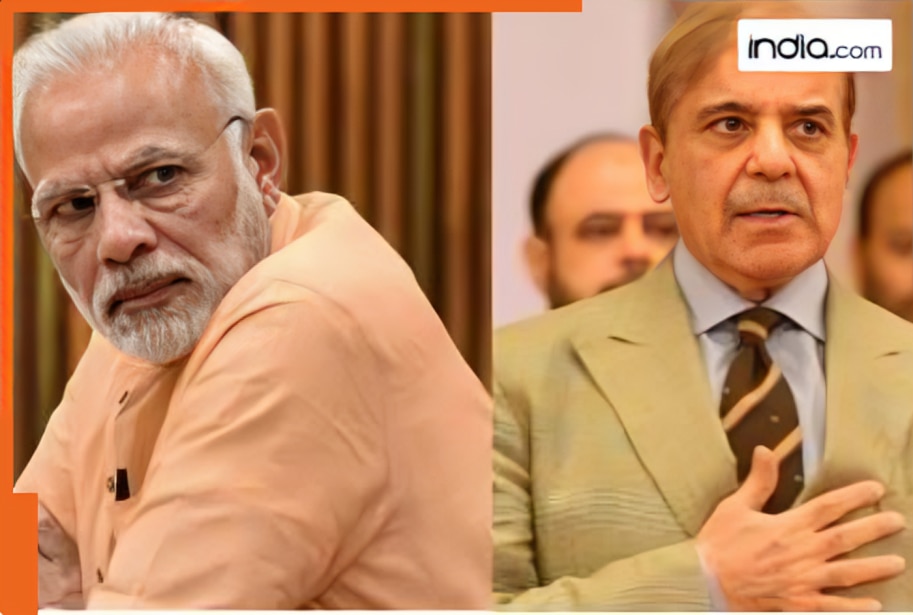Trump Tariff Hearing: Supreme Court question Trump’s admin over sweeping import duties, Solicitor General John Sauer says…
White House Press Secretary Karoline Leavitt said the administration was prepared for all outcomes but remained confident in its legal position.
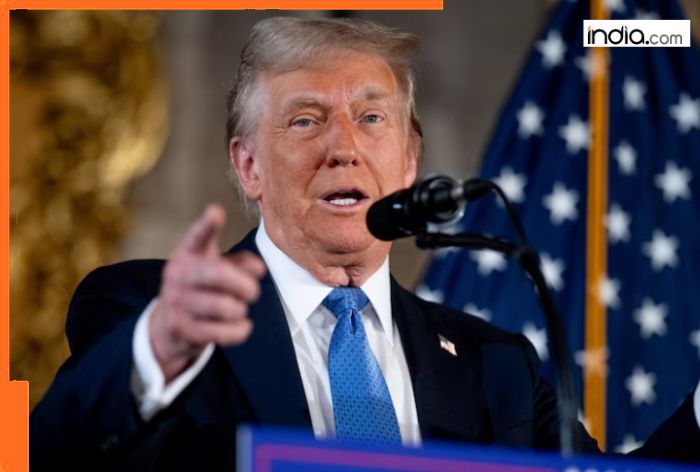
Wednesday marked a vital day for Doland Trump at the US Supreme Court. The Trump administration faced rigorous questioning on the trade tariffs. According to the BBC report, most of the judges, including a few conservatives, suggested skepticism about the administration’s rationalization of the import tariffs, which the president claims are needed to rebuild America’s manufacturing base and correct its unbalanced trade deficit.
What was the main issue being discussed during the Trump tariff hearing at the Supreme Court?
Trump’s policy on tariffs is being challenged in court by small businesses impacted by the tariffs and a coalition of 12 states, resulting in three lawsuits overall. The challenge states that Trump failed to consider the consequences of the tariffs before imposing them and made little effort to inform himself about their impact. There were no official meetings with the administration, and no reports or assessments were prepared on the tariffs. At the Supreme Court, Trump must show that the decisions he made through the tariff policy were reasonable and constitutional.
Why are the justices questioning Trump’s authority to impose these tariffs?
According to CNN, the case is being seen as one of the most significant economic cases to reach the Supreme Court in years. It will see justices weigh in whether the US President acted lawfully when he imposed sweeping tariffs on majority global trading partners. CNN reported that Trump’s attorney faced deep skepticism from several justices such as Amy Coney Barrett, Neil Gorsuch, and Brett Kavanaugh.
The United States Supreme Court — which has a 6-3 conservative majority — typically spends months deliberating on important cases, but many think the process will be expedited in this case, which many view as the first major test of the Doland Trump administration’s desire to expand presidential power.
According to the BBC report, Amy Coney Barrett, appointed to the court by Trump, asked, “And so is it your contention that every country needed to be tariffed because of threats to the defense and industrial base? I mean, Spain? France?” “I could see it with some countries but explain to me why as many countries needed to be subject to the reciprocal tariff policy as are.”
There are billions of dollars in tariffs that could be at risk. If the Trump administration loses, the government may have to refund some of the billions collected, resulting in a “complete mess,” Barrett stated, as per a BBC report.
Earlier on Tuesday, White House Press Secretary Karoline Leavitt said the administration was prepared for all outcomes but remained confident in its legal position.” “The White House is always preparing for plan B. It would be imprudent of the President’s advisors not to prepare for such a situation,” Leavitt said. “We are 100% in the President and his team’s legal arguments and the merits of the law in this case. We remain optimistic that the Supreme Court is going to do the right thing.”
Leavitt further stated that the issue extends beyond Trump’s presidency. “This case is not just about President Trump, it’s about the use of the emergency authorisation of tariffs for future Presidents in the administrations to come,” she said.
What arguments are being made regarding Congress’s role in approving tariffs?
The White House, which sent Treasury Secretary Scott Bessent, Commerce Secretary Howard Lutnick, and US Trade Representative Jamieson Greer to the hearing, has stated that it would seek alternative tariff authorities if the court does not rule in its favor.
The case is based on a 1977 law, the International Emergency Economic Powers Act (IEEPA), that grants the president the power to “regulate” trade during an emergency. Trump initially invoked IEEPA in February to put tariffs on products from China, Mexico, and Canada, citing drug trafficking from those nations as an emergency, as per the BBC.
The Trump administration contended that the power to regulate includes the ability to impose tariffs, and that the nation, without question, was facing unique crises – which were, as the administration claimed, “country-killing and not sustainable” – that required the president to act in an emergency capacity.
In arguing for the administration, Solicitor General John Sauer warned that if courts ruled the tariff powers of Trump’s presidency were illegal, it would “open the door to ruthless trade retaliation” and result in “ruinous economic and national security consequences.”
What's Your Reaction?







